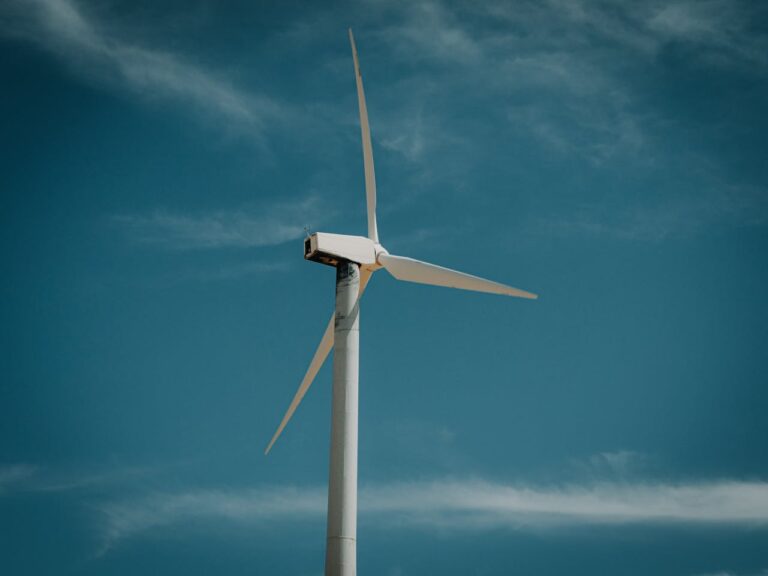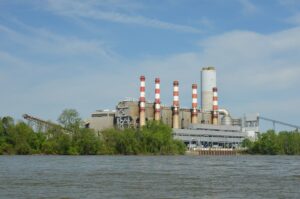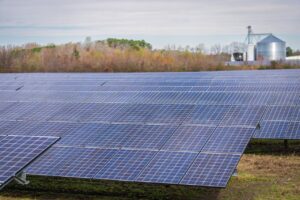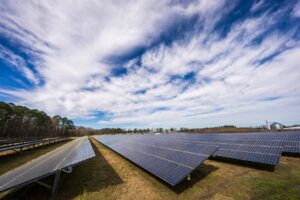American Clean Power (ACP), the trade group for the clean energy sector, ranks North Carolina #10 in clean energy generation, with 6,882 megawatts of capacity. That’s enough electricity to power 1.2 million homes.
North Carolina’s leadership comes in part from its $19 billion in investments in clean energy. This has elevated the state to the fourth in the nation for deployment of solar, for example. Through its implementation of clean power, North Carolina has reduced emissions of CO2 by nearly a billion metric tons, the equivalent of removing almost 2 million gas-powered vehicles from the road. In fact, nearly 10% of all electricity produced in North Carolina comes from wind, solar, and energy storage power plants.
These investments are paying dividends for the North Carolina workers. The state is #9 in clean energy jobs, according to the national, nonpartisan business group E2 and the North Carolina Sustainable Energy Association (NCSEA). Roughly 10,500 North Carolina residents work in solar, wind, and storage alone.
Wade Giltz, ACP’s Director of Southeast State Affairs, highlighted North Carolina as an established leader in clean energy deployment. “The state’s investments in solar, wind, and energy storage projects have not only increased renewable energy generation, but have also created thousands of jobs and stimulated economic growth,” he said. Echoing Glitz’s remarks, E2’s Zach Amittay says, “North Carolina’s clean energy economy continues to distinguish itself as an engine of jobs and economic opportunity par excellence.”
Clean energy has also become an important part of North Carolina’s tax base, contributing $38 million annually in property, state, and local taxes.
North Carolina has established ambitious clean energy goals that are driving these investments. They plan to reduce the electric power sector’s greenhouse gas emissions by 70% below 2005 levels by 2030 and attain carbon neutrality by 2050. As a result, in 2022, North Carolina was ranked the #1 state in SmartAsset’s “States Leading the Charge on Renewable Energy” report, and in 2023, was chosen as the top state for sustainability by Site Selection magazine.










